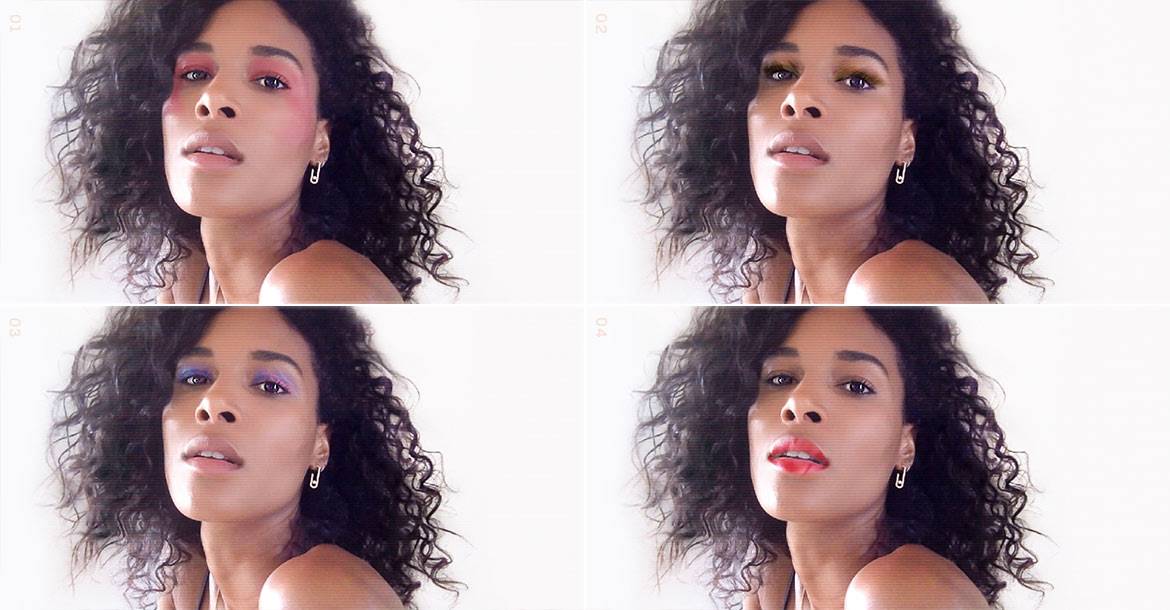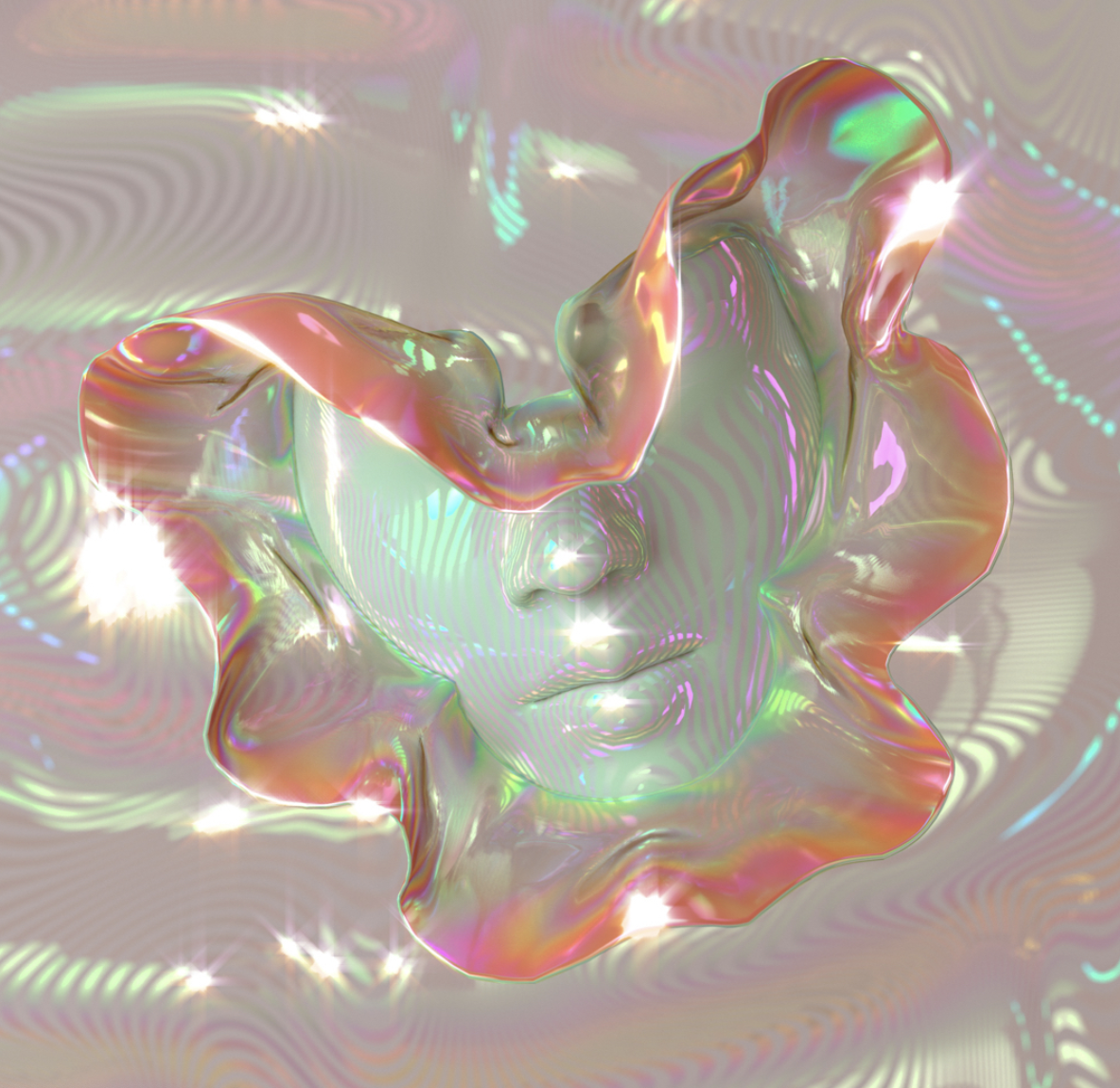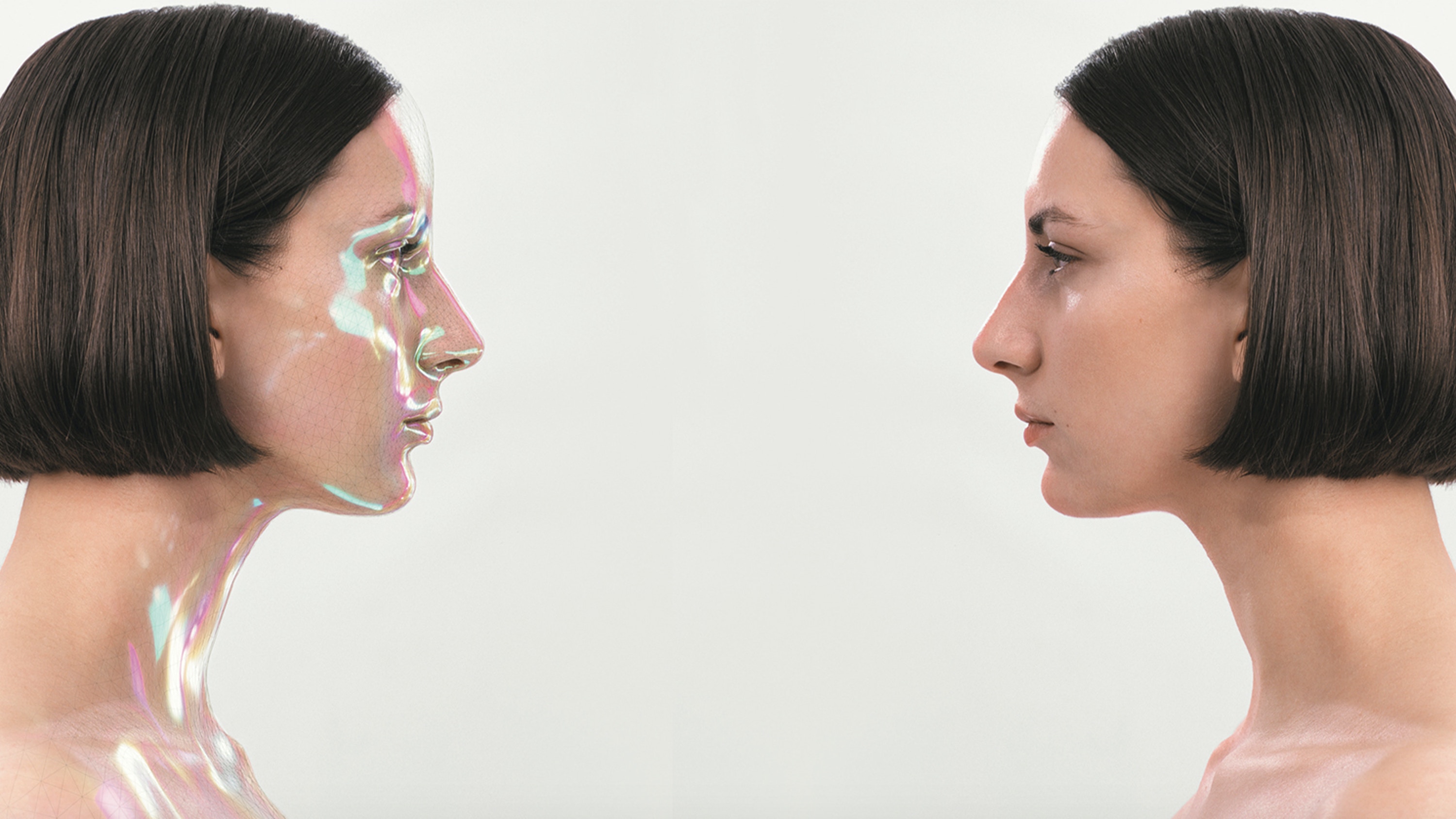As our reality exists increasingly within digital realms, our virtual world demands a virtual identity. Our work is hybrid, our social identity is online and our connection is digital. The camera is always on. But our bodies still seem to struggle to make that transition from analogue to digital.
Analogue bodies feel awkward online. Excessive video calls invade the private space and private body in the home. Who are you really looking at on that Zoom call anyway? To express oneself digitally, we must allow the presentation of both our physical and digital bodies to reflect who we are.
Would a personalised avatar fit? A digital twin of one’s self? What steps do we take to find our digital selves?
L’oreal embraces our digital lifestyle by releasing their first ever virtual makeup line: Signature Faces. Introducing a whole new experience of modern makeup through a selection of virtual makeup products only wearable online.
Virtual makeup is undefined by physical limits, the range breaks the boundaries of classical makeup. Wear your digital look with confidence, fearlessness and audacity. Wear it now on your video calls, all in one click.
The range is available on most video call platforms, installed directly on your computer. Forget putting your face on, download your face. Because URL worth it.

Digital artist and 3D makeup creator Ines Alpha creates mythical versions of reality. Her 3D design pushes the boundaries of makeup with augmented reality. Her work speculates on what complete aesthetic freedom of appearance could look like, evident in the fantasmagorical creations.
The subversive and surreal Beauty3000 filter by digital designer Johanna Jaskowska forms an artificial highlight to the skin. An iridescent plastic shade turning the users into plastic cyborgs, reflecting on societies infatuation with perfection. Jaskowska states; “when I was creating Beauty3000, all I could think of was, ‘you want plastic? I’ll give you the real plastic’.” (Dazed)

Digital creative Ωmega moves past traditional forms of beauty, creating looks from another planet. His 3D renders and face filters design the user as an alien humanoid. A lifeform with tentacles growing from the face like a sea creature anemone.
Virtual makeup has the potential to disrupt the monotonous narrative of current beauty standards. Freeing the face and releasing the body down the rabbit hole of virtual representation, which is limitless.
So what does digitalization and VR dressing offer for identity and self expression? Perhaps virtual modification is the future of self design. Our online identity may be crucial to how we present ourselves in the future. Will our humanoid need a valid ID? Will this be programmed upon a virtual avatar?
Maybe they're born with it, maybe it’s XR.

Share your thoughts and join the technology debate!
Be the first to comment